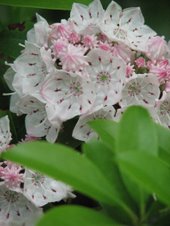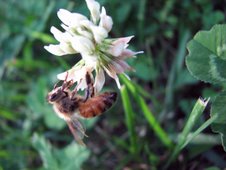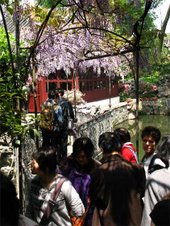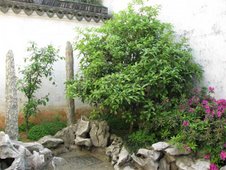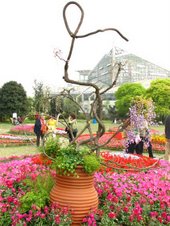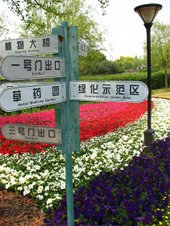With the soaring temps to high 90s last week and hard rain from a tropical storm, early June reminded us that summer is upon us and that the hurricane season has begun. The summer solstice, the longest day in the Northern Hemisphere when the sun is directly overhead at noon, arrives June 21st.
Cool mornings are perfect for continuing garden preparation. Container grown shrubs can still be planted, but water frequently. Scatter seeds of forget-me-nots in damp shady places. Perennials can still be planted, but for several days must be watered and protected form the hot sun. For autumn blooms, plant dahlias, mums, and salvias. Plant tropical water lilies in ponds and in water gardens. Start Brussels sprouts transplants. If we have less than one inch of rain in a week; water your plants.
Irises and daffodils were lovely this spring. Bearded irises can be divided anytime from now until September. If large clumps of daffodils did not produce many blooms; they probably need to be divided.
Slugs and snails are preying on your vegetables - especially my chard! Slugs and snails can be beneficial because they feed on crop pest such as caterpillars and aphids. However, in small veggie and herb gardens they will eat seedlings, roots, tubers and young plants.
For prevention remove fallen leaves and thin plants in your garden. Bricks, wood and debris on the ground are good breeding areas and should be kept away from your plants. After heavy rains, go on a slug patrol to hand pick these pests. To trap and drown slugs, bury a container in the ground in a shady part of your garden. Fill with 1 to 2 inches of beer. Cut a 2 to 3 inch hole in the lid and cap the container. Replace beer as need. Place inverted containers, melon or grapefruit peels as shelters to attract these pest. Daily gather slugs and snails from the traps and place in soapy water of rubbing alcohol to kill them. Sand, wood ashes and baked eggshell pieces at the base of your plants will deter slugs and snails.
Determine the texture and sweetness of vegetables by the time of day you harvest. Pick peas and corn late in the day for maximum sweetness. Lettuce, and other leafy veggies and cucumbers are crisper if picked early morning. Pick strawberries in early morn. Do not wash or stem the berries until ready to use and store in a covered container in the refrigerator. If harvesting herbs for essential oils; pick just before flowering on a sunny day.
During spring and early summer parents introduce their young to my bird feeder. Families of goldfinches, cardinals, and indigo buntings provide more color than T.V. I’ve enjoyed watching a woodpeckers remove the outer seed coating from the sunflower seed then place the naked seed in the months of the waiting young. A pair of blue birds laid a new egg in their former bird house to begin a second family this season.
Tuesday, June 12, 2007
Subscribe to:
Posts (Atom)






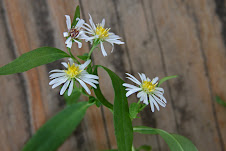












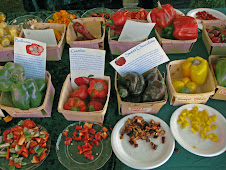LP_gardening_2666.jpg)
LP_gardening_2668.jpg)

LP_garden_2819.jpg)

LP_flower_0563.jpg)
LP_flower_0577.jpg)
LP_flower_0545.jpg)
LP_flower_0555.jpg)
LP_flower_0539.jpg)
LP_dog_0470.jpg)
LP_snow_0467.jpg)
LP_dog_0349.jpg)
LP_tree_8153.jpg)
LP_5028.jpg)
LP_flowers_3940.jpg)

LP-grass_0889.jpg)
LP_redfox_1651.jpg)
LP_squirrel_6978.jpg)
LP_flower_6936.jpg)
LP_squirrel_6864.jpg)
LP-deer_4773.jpg)
LP_4521.jpg)
LP_1251.jpg)
LP_4585.jpg)
LP_3784.jpg)
LP_3759.jpg)
LP_3811.jpg)
LP_3816.jpg)
LP_3847.jpg)
LP_0870.jpg)
LP_4183.jpg)
LP_0891.jpg)
LP_3175.jpg)
LP_3577.jpg)

LP_3068.jpg)
LP_3058.jpg)
LP_3562.jpg)
LP_0118.jpg)
LP_3407.jpg)
LP_3150.jpg)
LP_3011+(2).jpg)
LP_3020.jpg)
LP_2830.jpg)
LP_2782.jpg)
LP_2828.jpg)
LP_1746.jpg)
LP_2648.jpg)
LP_2666.jpg)
LP_2668.jpg)
LP_2493.jpg)
LP_2611crop.jpg)
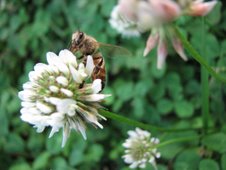
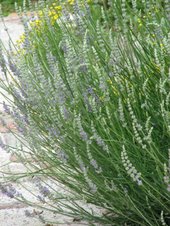
LP_2588.jpg)

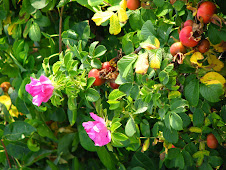
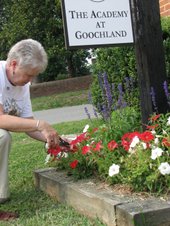


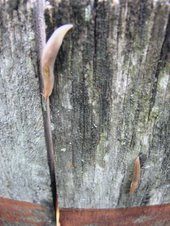
LP_2126.jpg)
LP_2122.jpg)
